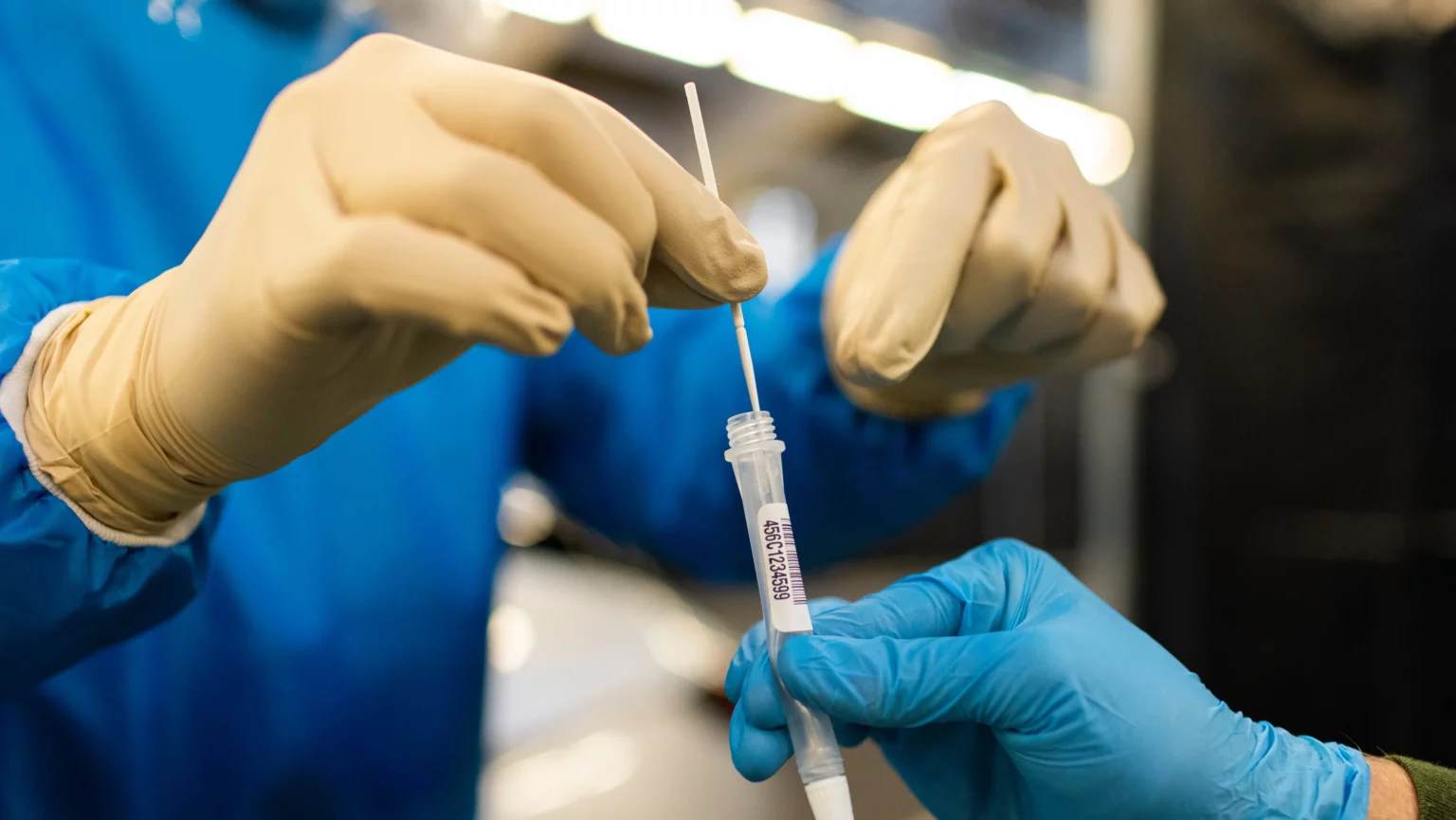Two teams of US scientists have recently conducted laboratory experiments to assess the effectiveness of antibodies from vaccinated and previously infected individuals against various COVID-19 variants, including the highly mutated BA.2.86 variant, also known as Pirola. The findings have provided significant reassurance and valuable insights into our immune responses to these variants.
The results of these experiments have been particularly promising in the case of the BA.2.86 variant. Individuals who had robust immune responses to BA.2.86 were those who had been infected with the XBB subvariant within the past six months. This suggests that the upcoming fall COVID-19 vaccines, specifically designed to combat XBB.1.5, may also offer enhanced protection against a range of circulating COVID-19 lineages, including BA.2.86.
Dr. Dan Barouch, director of the Center for Virology and Vaccine Research at Beth Israel Deaconess Medical Center, led one of the labs involved in the research. He stated, “Two independent labs have basically shown that BA.2.86 essentially is not a further immune escape compared with current variants.” These results align with earlier experiments conducted by labs in China and Sweden, collectively indicating that BA.2.86 may not pose the significant threat initially feared and could be less problematic than anticipated.
However, another variant, FL.1.5.1, which currently accounts for an estimated 15% of new COVID-19 infections in the US, has exhibited more immune-evasive properties in laboratory testing. FL.1.5.1, a descendant of the XBB recombinant variant, possesses a unique constellation of mutations that has raised concerns among variant trackers.
While BA.2.86 garnered substantial attention due to its distinctive appearance compared to other coronavirus variants, ongoing research suggests that it may not be as formidable as initially believed. Nevertheless, scientists continue to closely monitor the situation and conduct further experiments to better understand the immune responses to these variants and the potential impact on vaccine efficacy.
These laboratory studies represent crucial steps in our ongoing battle against COVID-19, providing valuable insights into how our immune systems respond to evolving variants and offering hope that our defenses can adapt effectively to new challenges.




